History: Fanthorp Inn — Our Past and Progress
Friday, October 11th, 2013This is Passport to Texas
Stagecoaches were vital to the development of Texas. They carried people and the mail – making them important tools for communication and advancement.
11—Without communication, how can people organize to band together to make political and social changes without the knowledge of what’s going on 50 miles away?
Tom Scaggs, a park ranger at Fanthorp Inn SHS in Anderson, says the inn served as a communications and transportation hub for stagecoaches that rolled in with their passengers and post. Today the inn and stagecoach is a reminder of our past and our progress.
25—I think Fanthorp Inn really offers people the opportunity to stop and think about how far we’ve come in terms of travel and communication, and be so grateful for – if nothing else – the fact that those nice rubber tires on our coaches today, carry us at such a rapid speed, and such comfort compared to the stagecoach that they can experience there at the inn.
Visitors to the historic site may have the opportunity to experience 18th Century life and travel.
18—Just as in the 1800s today, we offer a variety of entertainment and hospitality at Fanthorp Inn. On the second Saturday of each month, we fire up the stagecoach and offer rides, taking you around the little town of Anderson, and bringing history to life.
Find more information about Fanthorp Inn at texasstateparks.org.
For Texas Parks and Wildlife…I’m Cecilia Nasti.
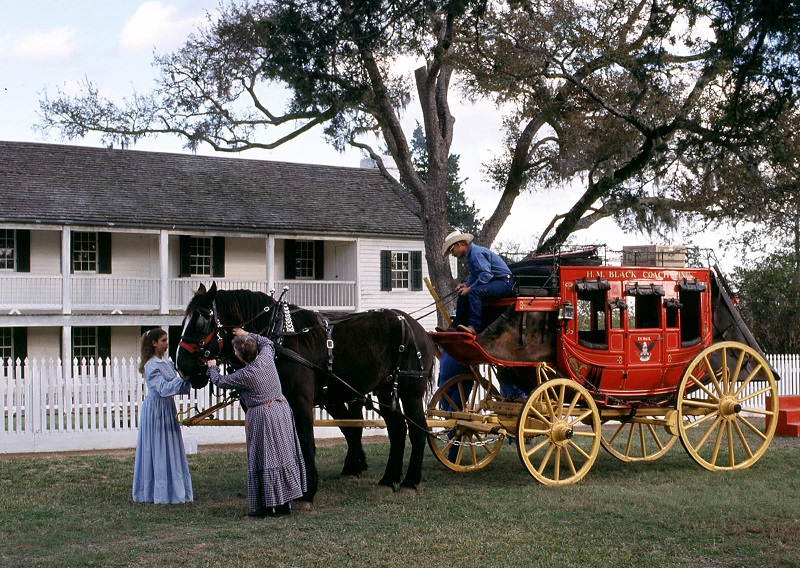

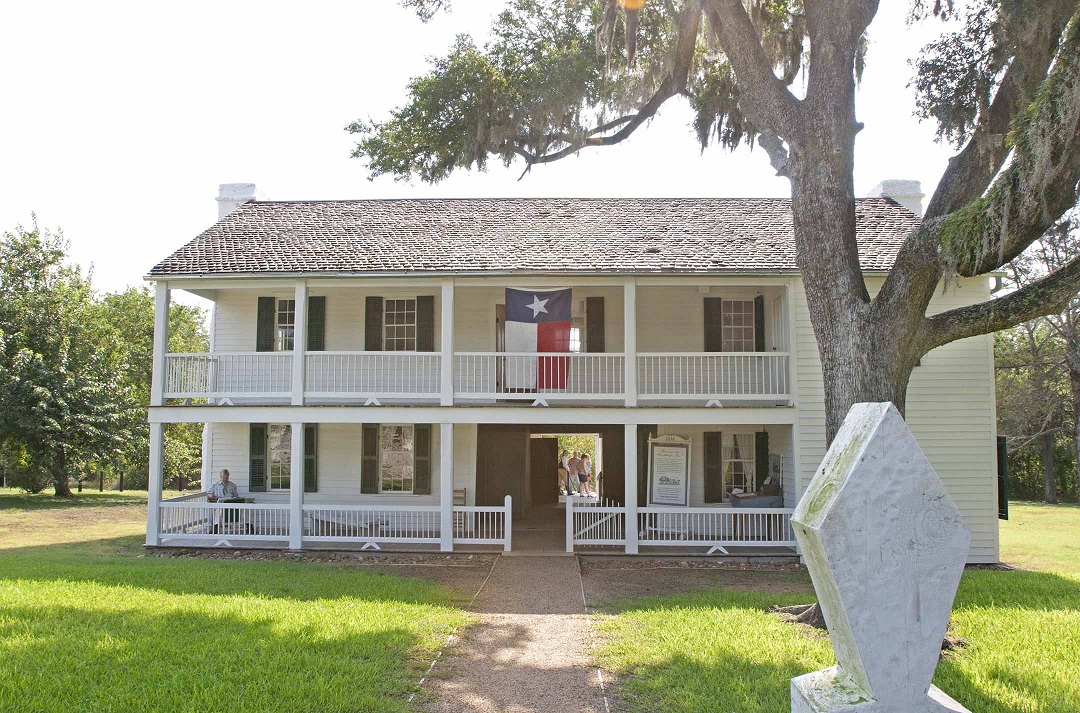
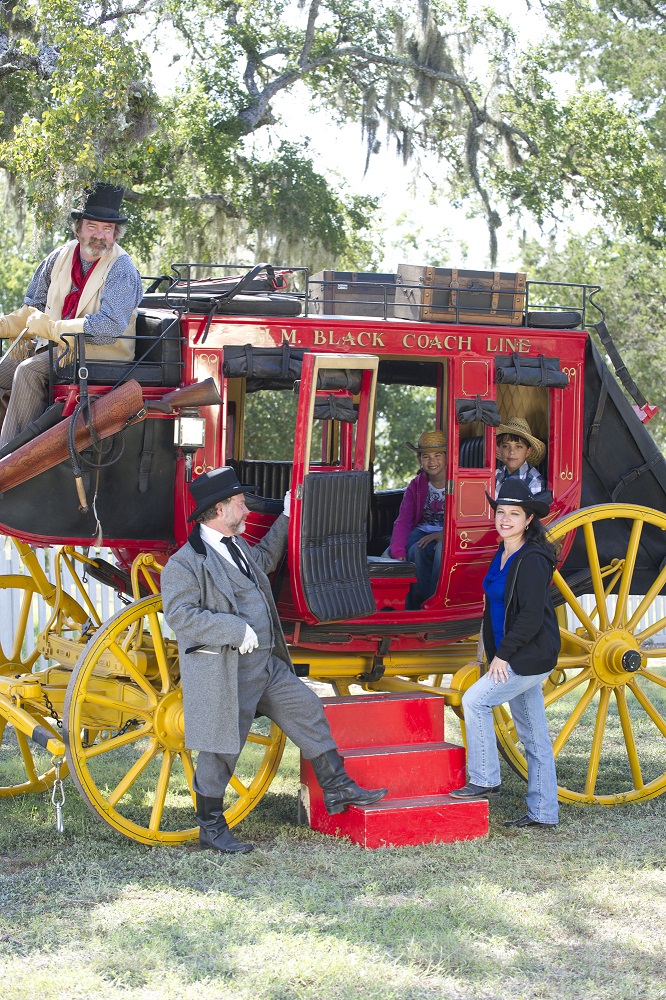
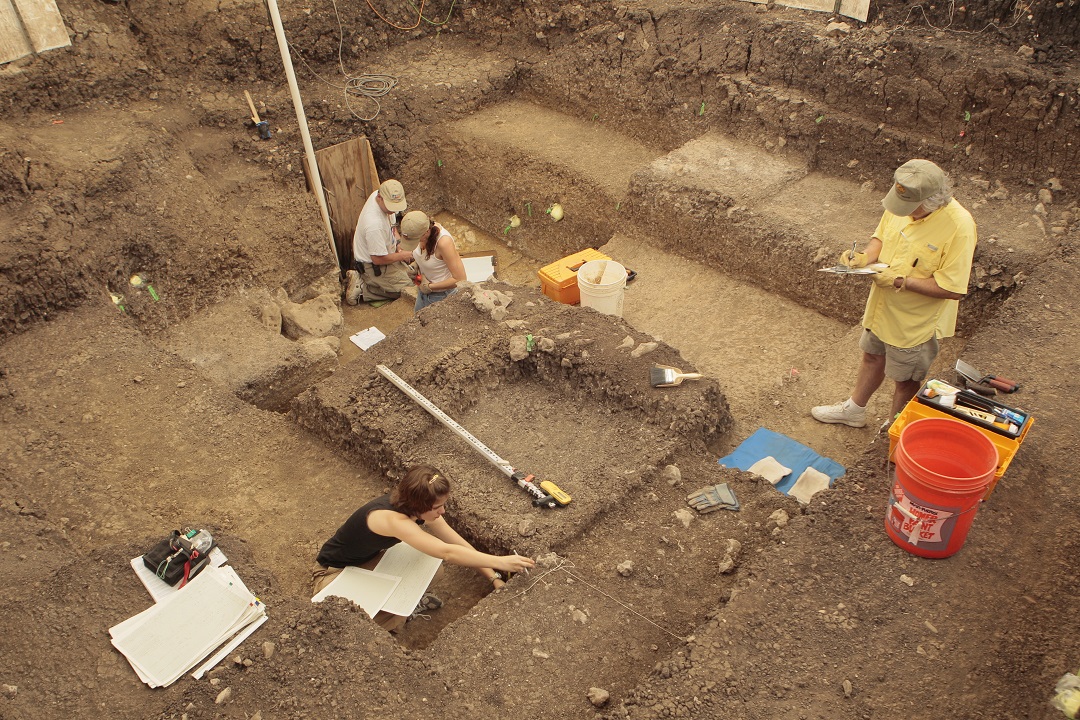
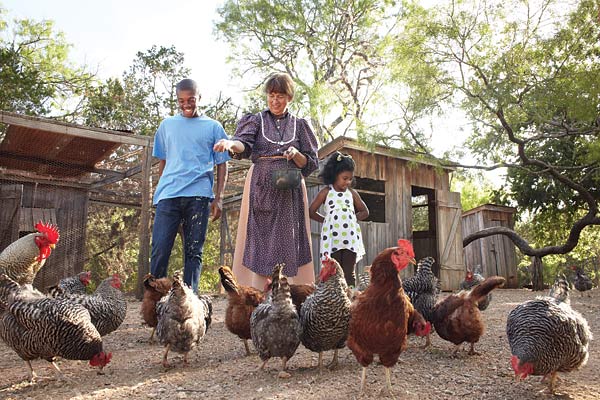

 Passport to Texas is a
Passport to Texas is a  Passport to Texas is made available by:
Passport to Texas is made available by: